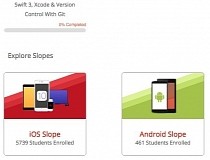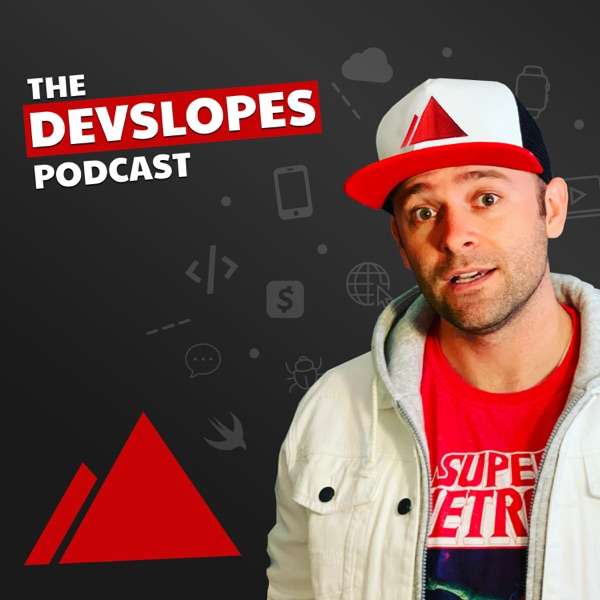

We don't offer refunds and we are very clear about that to all students who enroll. When I tried to quit within the first month I was refused a refund of $1250 and was told that if I quit they wouldn't give me back my refund but instead this is the reply I got from Mark: If they could just explain the concept that was asked then I think I would've learnt more instead of an overload of information.

I often found that when asking a question the lecturer would go into explaining about how other things worked which ended up being more confusing. They have 1 weekly meetup which is on a Saturday which is where you get to ask your questions but bear in mind there are quite a few people that will be there to ask questions too. When you eventually do get help, the response is short and often you end up having to find the answer yourself. They have 1 mentor for each of the programs and you would be lucky if you got a response within 2 days. well that's the thing you won't learn anything.Īll the promises of offering mentorship is a bunch of bull. DeepMind can predict the structures much more quickly.Because for $3000 you will learn how to. It takes an average scientist their entire PHD to find the 3D structure of a single protein, Hassabis said. With that power, DeepMind created an AI program to predict 3D structures of proteins. Is artificial intelligence advancing too quickly? What AI leaders at Google say."Things like memory, imagination, planning, reinforcement learning, these are all things that are known about how the brain does it, and we wanted to replicate some of that in our AI systems," Hassabis said. Brute force computing can very loosely approximate the neural networks and talents of the brain. Part of the reason for the sale was to gain access to Google's immense computing power. Hassabis sold DeepMind to Google in 2014. Google lies somewhere in the optimistic middle, introducing AI in steps so civilization can get used to it.ĭemis Hassabis, CEO of DeepMind Technologies, has spent decades working on AI and views it as the most important invention humanity will ever make. The revolution in artificial intelligence is at the center of a debate ranging from those who hope it will save humanity to those who predict doom. And I think these are all things society needs to figure out as we move along. "And I think we have to be very thoughtful. "You know, one way we think about: How do you develop AI systems that are aligned to human values- and including- morality? This is why I think the development of this needs to include not just engineers, but social scientists, ethicists, philosophers and so on," Pichai said. Scott Pelley with Google CEO Sundar Pichai Society needs to adapt quickly, with regulations for AI in the economy, laws that punish abuse and treaties between nations to make AI safe in the world, Pichai said. He's walking a narrow line in how quickly AI advancements are released.Ĭritics argue the rush to AI comes too fast, but competitive pressure, among tech giants like Google and smaller start ups, is propelling humanity into the future - ready or not. Google is holding back on releasing more advanced versions of Bard that can reason, plan and connect to internet search on their own so that the company can do more testing, get more user feedback and develop more robust safety layers, Google CEO Sundar Pichai said. Google has also built safety filters into Bard to screen for things like hate speech and bias. To help cure hallucinations, Bard features a "Google it" button that leads to old-fashioned search.

This very human trait, error with confidence, is called, in the industry, hallucination. In an essay the AI wrote about economics, it referenced five books each one was fabricated. Like the humans it's learned from, Bard is flawed.


 0 kommentar(er)
0 kommentar(er)
